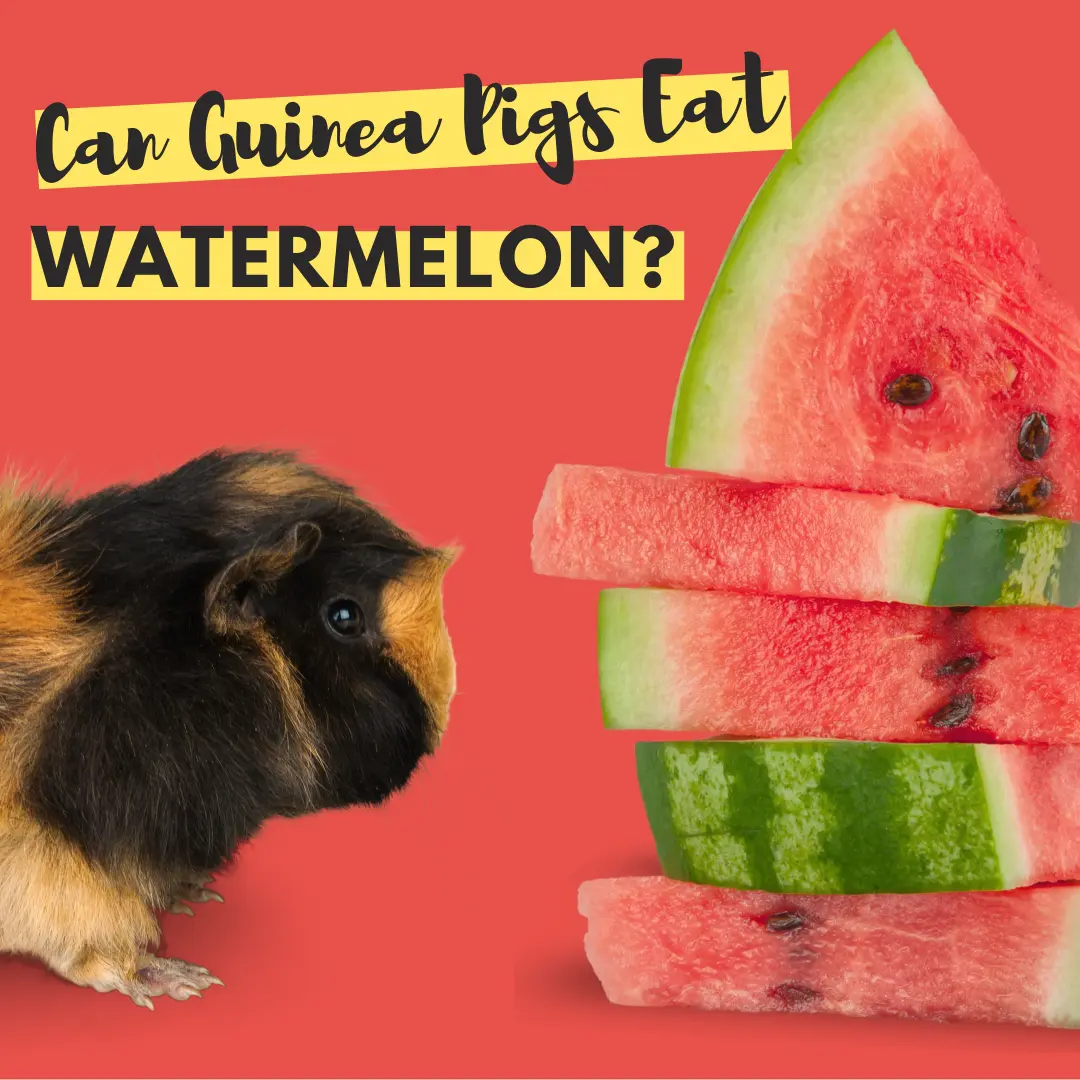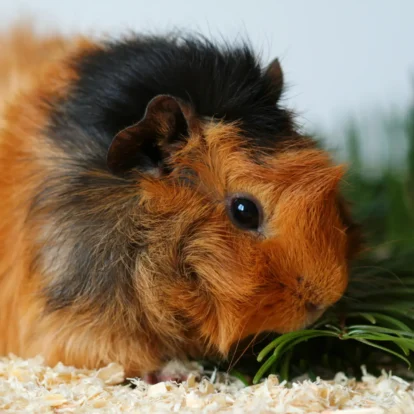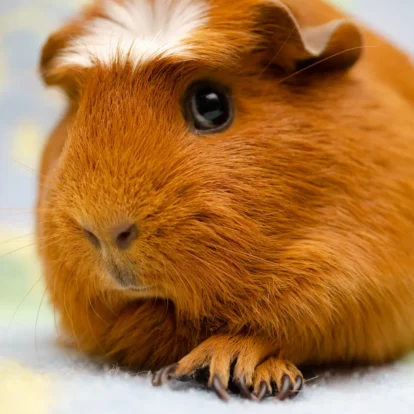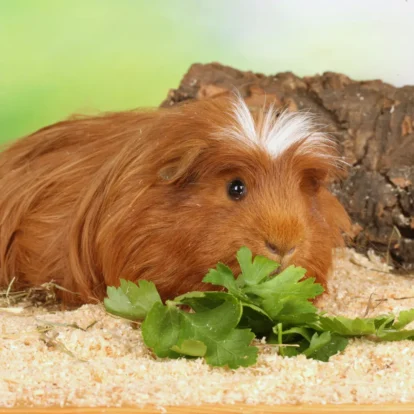Table of Contents
Introduction
Summer’s in full swing, and nothing beats cooling down with a juicy slice of watermelon 🍉. If you’re like me, snacking isn’t just a solitary affair; it’s a time to treat your furry friends, too. But here comes the burning question, “Can guinea pigs eat watermelon?” It’s a valid concern, especially when you’re trying to diversify your guinea pig’s diet with a healthy treat.
Today, I’m excited to share everything I’ve learned about incorporating watermelon into your piggy’s diet, from the do’s and don’ts to the how’s and why’s.
First off, guinea pigs are adorable creatures, aren’t they? But just like us, their diet needs to be balanced. Feeding your cavy watermelon can be a fun experience, both for you and your piggy. Still, it’s essential to remember the keywords here: moderation and too much fruit.
While watermelon is rich in vitamins, its sugar content might not sit well if fed in large amounts. I’ve noticed my little ones are particularly fond of melon, but it’s essential to keep their overall health and dietary needs in mind.
Throughout this post, we’ll explore whether guinea pigs like watermelon (spoiler alert: mine do!) and how it fits into a healthy guinea pig’s diet. We’ll look at nutritional information, tips for safely feeding your furry friend watermelon, and why too much of this sweet treat might be more harmful than beneficial.
Whether you’re new to guinea pig parenting or looking to spice up your cavy’s meals, I hope my insights and personal experiences will help you make informed decisions about your pet’s nutrition. Remember, a happy piggy means a strong immune system, and we all want our pets, from cavies to dogs and cats, to live their healthiest lives.
Can Guinea Pigs Eat Watermelon?
TL;DR: Yes, absolutely! ✅
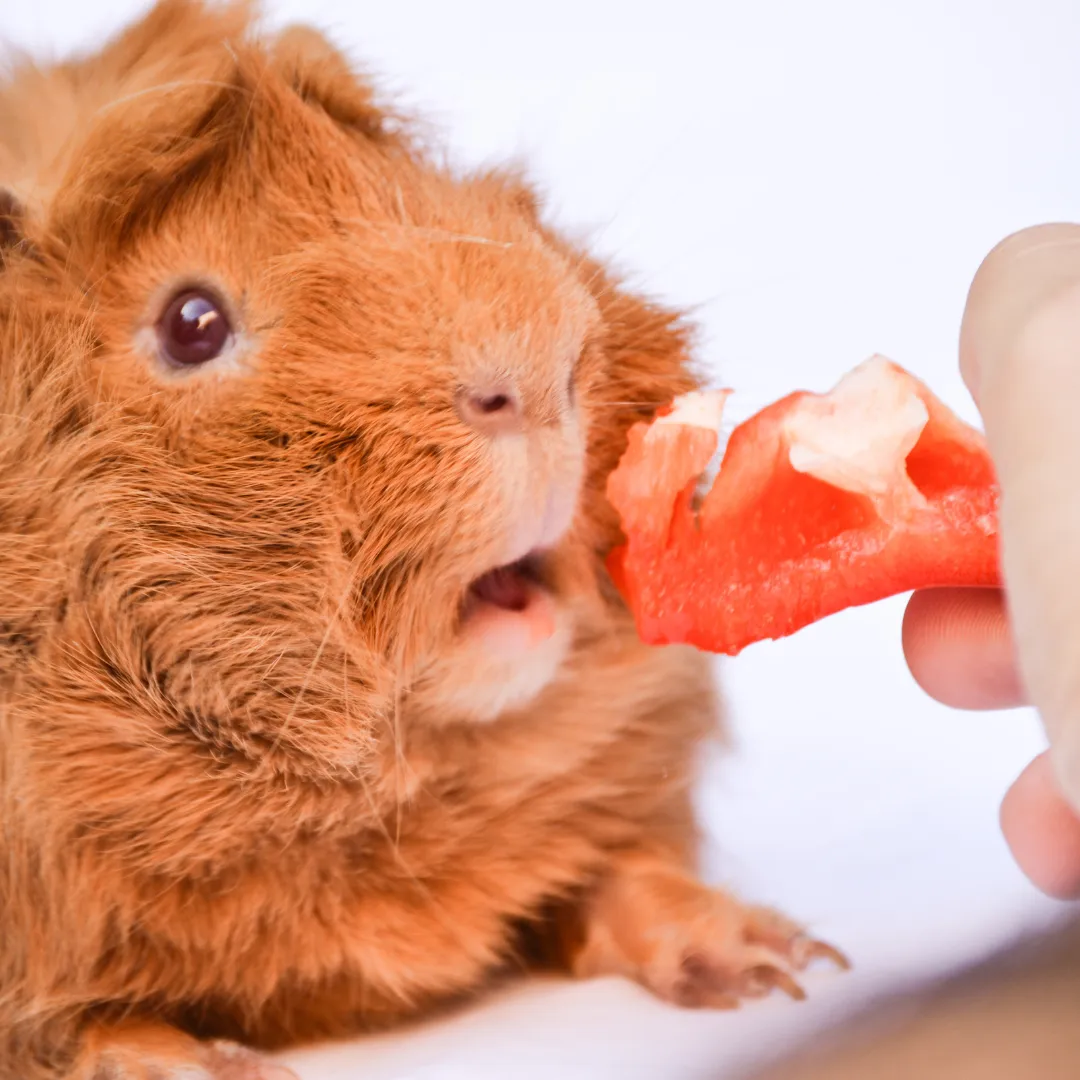
Guinea pigs can eat watermelon 🍉 , but like all good things, moderation is vital to keeping your piggy healthy and happy.
Now, for the juicy details. Watermelon, with its high water content, serves as a fantastic source of hydration during those scorching summer days. It’s also rich in vitamin C, essential for a guinea pig’s health. Yet, it’s crucial to remember that despite these benefits, the high sugar content in watermelon means it should only be offered as a tasty treat and not a mainstay in their diet.
From my personal vault of guinea pig parenting adventures, introducing watermelon to my cavies was akin to watching kids try ice cream for the first time – absolute joy and excitement! 🌟 I started with small pieces of seedless watermelon to ensure they didn’t choke on any seeds. It’s paramount to remember that while your furry friends may appear as though they can gobble up an entire slice, the reality is their tiny bodies can only handle so much. Too much of this juicy watermelon could lead to an upset stomach, something no pet parent wants.
In balancing their diet, I ensured that vegetables remained the primary component, with fruits like watermelon as an occasional treat. Not only does this help maintain a nutritious diet, but it also prevents potential health issues associated with a high sugar intake. Watching your piggy savor that piece of watermelon, though, is an unforgettable sight that speaks volumes of the simple pleasures in their lives.
So, yes, guinea pigs can safely eat watermelon, but always in moderation. Juicy watermelon should be a treat that complements a diet primarily made of hay, vegetables, and a small number of other fruits. Your piggy’s body will thank you for not only the refreshing treat but also for taking care of its overall health.
Can Guinea Pigs Eat the Green Part of Watermelon?
Ah, the green part of watermelon – or as we like to call it, the rind. 🍉 When I first ventured into the world of guinea pig diet exploration, the question of whether watermelon rinds are safe for my piggies intrigued me. Let me tell you that guinea pigs can nibble on watermelon rind. However, there’s a bit more to it than just handing over a chunk of green goodness.
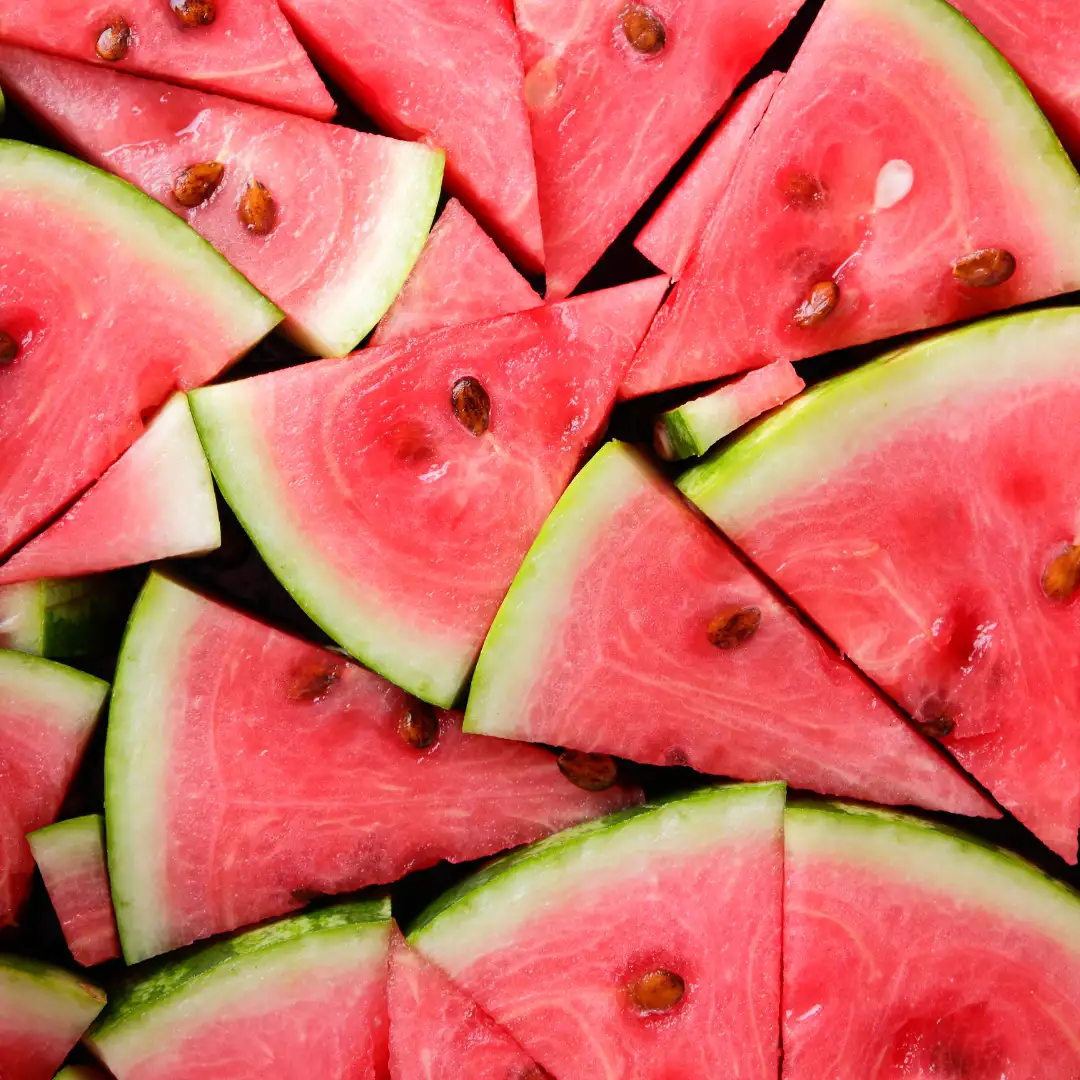
Watermelon rinds are less sweet than the juicy, red flesh we humans love, but they’re packed with a good amount of vitamin C. This is excellent news because vitamin C is crucial for maintaining a healthy guinea pig’s bones and overall well-being. However, moderation is key. A small piece of rind can be a nice change from their regular diet, but too much can cause diarrhea due to its high fiber content.
From my experience, it’s always been a toss-up whether to feed my piggies the rind or the flesh of the fruit. The flesh is undoubtedly sweeter, which makes it an instant hit among my furry friends. However, the sweet taste comes with more sugar, which isn’t ideal for their little bodies in large quantities. On the flip side, while not as compelling in taste, the rind serves up that crucial vitamin C without much sugar, making it a healthier, albeit less exciting, option.
Ultimately, I tend to lean towards offering a bit of both: a small piece of sweet, juicy watermelon flesh as a treat and a bit of the rind for that essential vitamin C. It’s all about balance and ensuring your guinea pig gets a varied diet while avoiding health issues like diarrhea.
Plus, watching your guinea pig curiously nibble on that piece of green rind for the first time is quite the sight! 🐹💚 Remember, whether it’s the skin or the juicy part of the fruit, always wash it thoroughly to remove any pesticides or chemicals. Your little buddy’s health is worth that extra step!
Can Guinea Pigs Eat Watermelon Seeds?
TLDR: Seeds are a big no-no! 🚫
Definitely keep those watermelon seeds away from your guinea pigs.
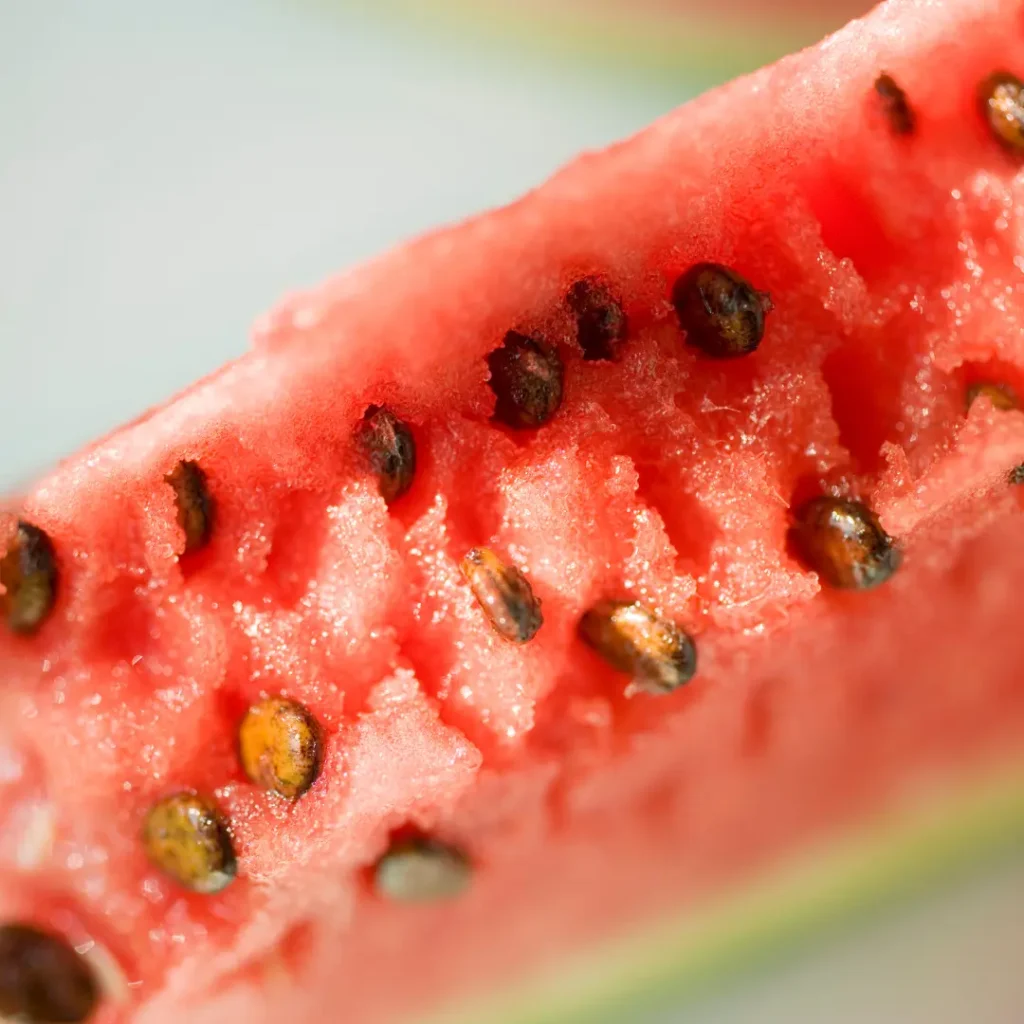
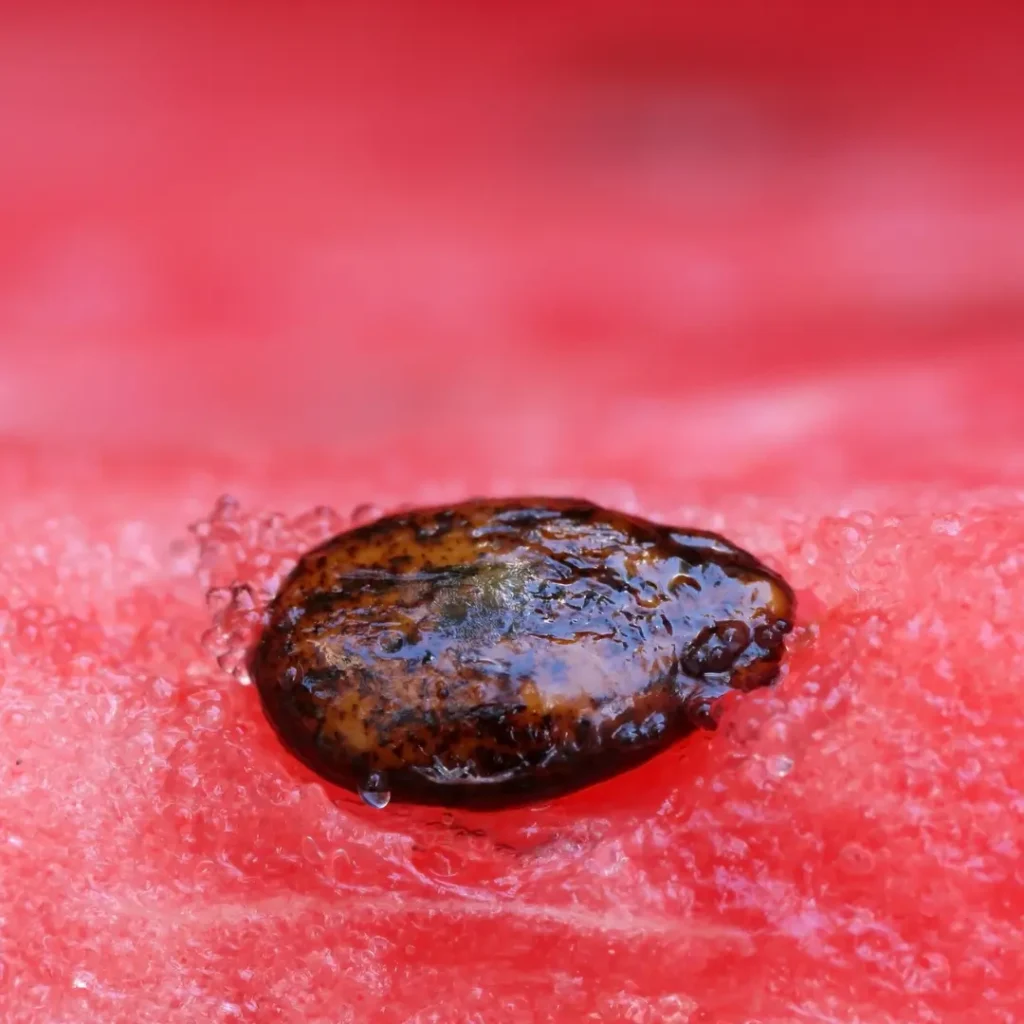
Watermelon seeds, small as they might seem, pose a serious choking hazard to your fluffy companions. Unlike us, guinea pigs can’t process these seeds safely; what’s a trivial snack for us can be dangerous for them.
From personal experience, I make it a point to carefully remove every single seed before offering any piece of watermelon to my pigs. The same rule applies to other seeded fruits like apples. The risk isn’t worth it, folks.
Eating watermelon should be a joyous occasion for your pigs, not risky. Plus, seeds don’t offer any nutritional benefits that justify the hazard. Stay safe and stick to seedless or meticulously deseeded options to keep your guinea pigs safe, happy, and healthy. 🍉💕
How Often Should You Feed Watermelon to Your Guinea Pig?
From my experience, feeding watermelons once a week during the summer months is a sweet spot. Too much watermelon, as it’s high in sugar and water, can lead to digestive issues for your little friends. Despite being a tantalizing food option, you would want their main diet to be protected, and you would prefer to avoid upsetting their tiny tummies. Remember, the keyword here is “treat,” not “staple.”
Besides, variety is critical in preventing scurvy—a genuine concern for guinea pigs due to their need for vitamin C. While watermelons contribute to their vitamin C intake, relying solely on them or feeding too much could overshadow other vital food sources. Mix it with veggies and fruits that are approved for guinea pigs to ensure a balanced diet.
Each treat for guinea pigs, including watermelon, should be carefully considered to maintain their health and happiness. 🍉💖 Watching your guinea pigs enjoy their food is one of the simple joys of pet ownership, but always with their well-being in mind!
How Much Watermelon Can Guinea Pigs Eat?
I like to follow a simple rule of thumb—think of it as a tiny, guinea pig-sized feast. 🎉
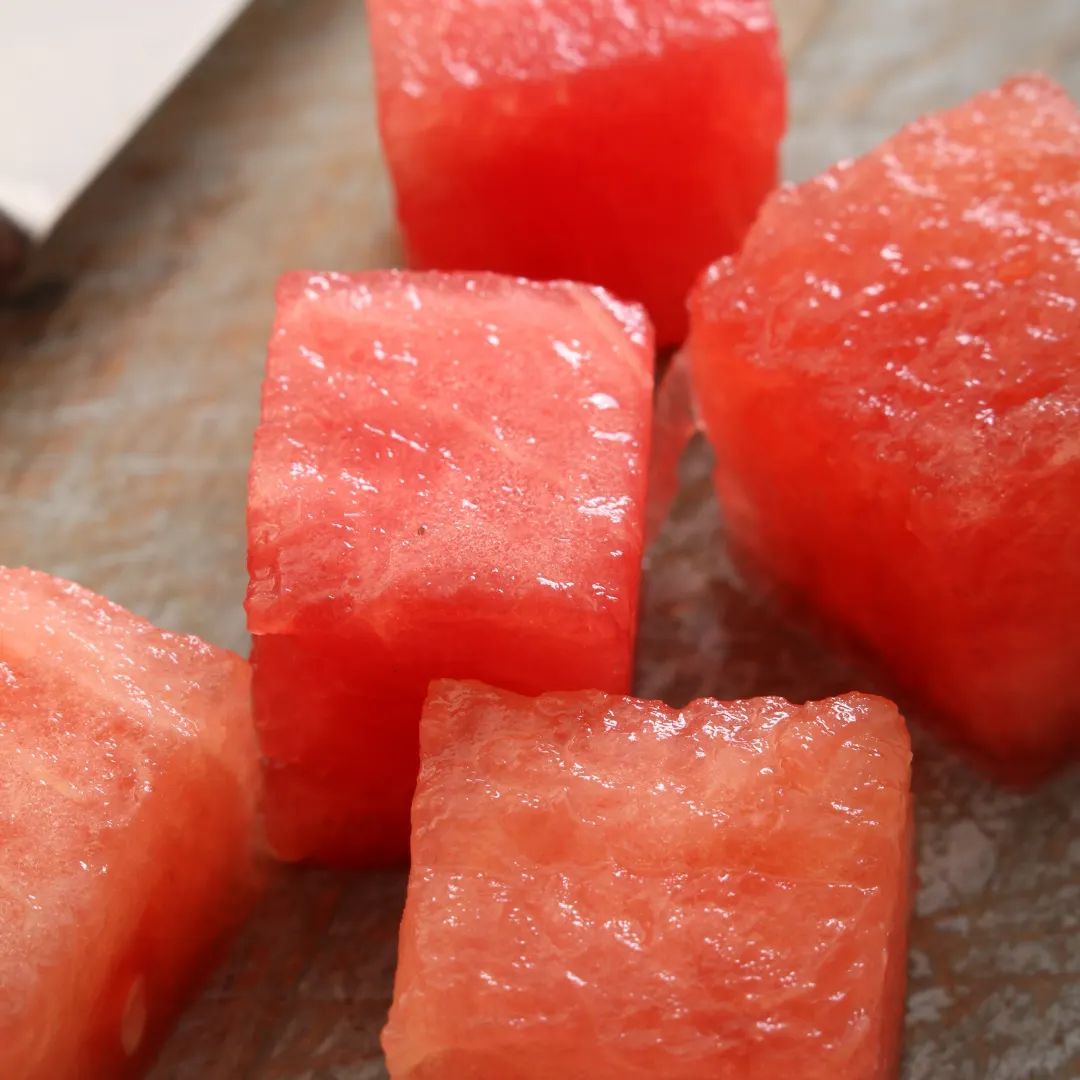
A couple of 1-inch cubes of watermelon flesh once a week is plenty for portion size. It’s crucial not to overdo it, as too much watermelon can lead to health problems, overshadowing the benefits of their regular diet of hay and fresh vegetables.
And hey, when you’re prepping that juicy treat, you can include a small strip of rind for a crunchy surprise—they usually love it! Just ensure it’s clean and pesticide-free. Remember, moderation is key to keeping those adorable tummies happy and healthy, so maxing out at a small serving per week will keep the scales of diet variety and nutritional balance just right. 🍉💚
Watermelon Nutritional Information
Watermelon is more than just a hydrating summer snack; it’s packed with vitamins and minerals that can be a boon for your guinea pig’s health (and yours too, by the way!). Specifically, the flesh of watermelon is rich in vitamins A and C, both crucial for keeping your furry friend’s vision sharp and their immune system strong. 🌈
Plus, that juicy watermelon flesh offers a good dose of potassium for healthy heart function and magnesium, which is excellent for bone health.
But, as with all good things, moderation is vital because watermelon’s flesh also contains sugars. Too much can lead to obesity or diabetes in guinea pigs, so I always make sure it’s a treat, not a staple in their diet.
For those who love the specifics (like me!), the US Department of Agriculture (USDA) provides a detailed nutritional breakdown of watermelon. This information can help you understand how beneficial watermelon can be when included correctly in diets.
Remember, it’s all about balancing those vitamins and minerals with the natural sugars in the watermelon’s flesh. This way, your guinea pigs (and yourself!) can enjoy watermelon’s health benefits without the downside. 🍉💧
Tips and Tricks to Feed Watermelon to Your Guinea Pig
Here’s my go-to, step-by-step guide, perfected after many trial-and-error sessions with my furry crew. Trust me, it’ll be a breeze once you get the hang of it.
- Choosing the Perfect Watermelon 🍉. Aim for a ripe melon but not overripe to avoid too much natural sugar. Look for a melon with a creamy yellow spot where it rested on the ground—this usually indicates it’s just right.
- Preparation is Key. Wash the outside of the watermelon thoroughly to remove any pesticides or dirt. This is even more important if you want to include a piece of rind as part of the treat.
- Cutting the Watermelon. Slice the watermelon into manageable pieces. I like cutting up small, bite-sized chunks because they’re more manageable for the piggies to eat and enjoy. Plus, it minimizes wastage and makes it easier for me to control portion sizes.
- Remove the Seeds: If your watermelon has seeds, make sure to remove them before feeding it to your guinea pig. The seeds may cause obstructions in their digestive system and can be a choking hazard.
- Serve Sparingly. Remember, treats like watermelon should be just that—a treat. I give my guinea pigs a small serving (a couple of small chunks is plenty) no more than once a week to prevent any issues from the sugars leading to obesity or even damaging their tiny tissues from too much of a good thing.
- Observation Time! Watch how your guinea pigs eat their watermelon treat. It’s adorable and good practice to ensure they’re handling the new treat well and enjoying it without any adverse reactions.
Conclusion
Can guinea pigs eat watermelon? Absolutely! Can guinea pigs eat apples? Yes! Can guinea pigs eat grapes? Of course! They can also eat other fruits, but always in small quantities to avoid any digestive issues.
Feeding your furry friends fresh treats like watermelon can bring so much joy—not just to them but to you. Watching my guinea pigs munch on a piece of watermelon is one of my week’s highlights! 🍉💖 And again, moderation is key.
It’s been quite an adventure discovering the variety of foods my guinea pigs can enjoy. Balancing their diet with hay, vegetables, and the occasional fruit treat keeps them happy and healthy.
Just remember to start with small amounts whenever introducing a new treat. The joy of watching your guinea pigs explore new flavors (especially those juicy watermelon chunks) is truly unparalleled. Happy feeding! 🐹✨

